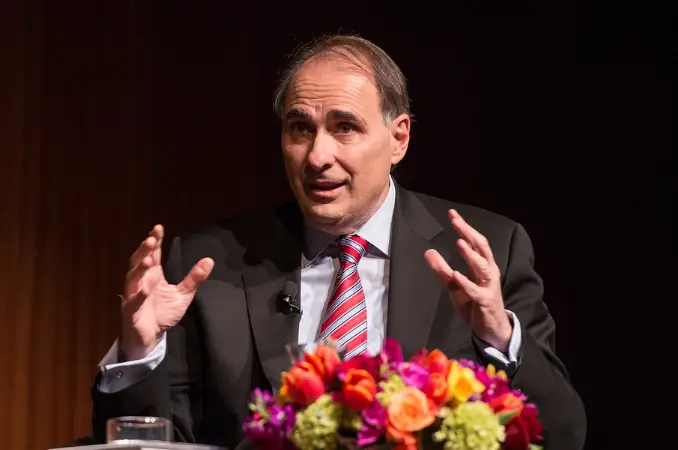David Axelrod, a former adviser to President Obama, recently made headlines for his candid remarks about President Joe Biden, sparking a debate within political circles. Axelrod’s comments, which were critical of Biden’s approach to his presidential campaign and political strategy, have stirred controversy and drawn attention from prominent media personalities.
In a column by New York Times journalist Maureen Dowd, Axelrod’s stance was highlighted and defended against Biden’s alleged private remarks where he referred to Axelrod in unflattering terms. Axelrod, unphased by the personal criticism, emphasized the importance of recognizing the reality reflected in current polls, which do not favor Biden.
Axelrod, who has previously supported Biden, expressed concerns similar to those he had observed during Hillary Clinton’s campaign. He speculated about Biden’s chances in the upcoming political race, suggesting that relying on opposition weaknesses, akin to strategies used by Clinton, may not be sufficient for a successful campaign.
The situation was further illuminated by Politico columnist Jonathan Martin, who reported on Biden’s private expression of frustration towards Axelrod. This revelation by Martin painted a picture of a president potentially in denial about his political standing, surrounded by advisors who might be softening the harsher realities of his political fortunes.
Dowd, in her analysis, advised President Biden to eschew personal grievances and focus on assembling a team of the most astute political minds. She stressed the importance of Biden being open to critical feedback rather than getting mired in minor conflicts.
Axelrod, known for his straightforward style, openly challenged the president to reassess his position in the race, especially in light of polls showing him trailing behind Donald Trump in key battleground states. He acknowledged the discomfort his comments might cause the president but maintained that his intention was to provide a realistic perspective on the campaign’s trajectory.
The situation has sparked a broader discussion about the dynamics within the Democratic Party, the challenges of political campaigning, and the importance of candid, albeit sometimes uncomfortable, assessments from experienced political strategists. Axelrod’s remarks and the subsequent reaction reflect the intricate and often tense relationships that shape political discourse and decision-making at the highest levels.


